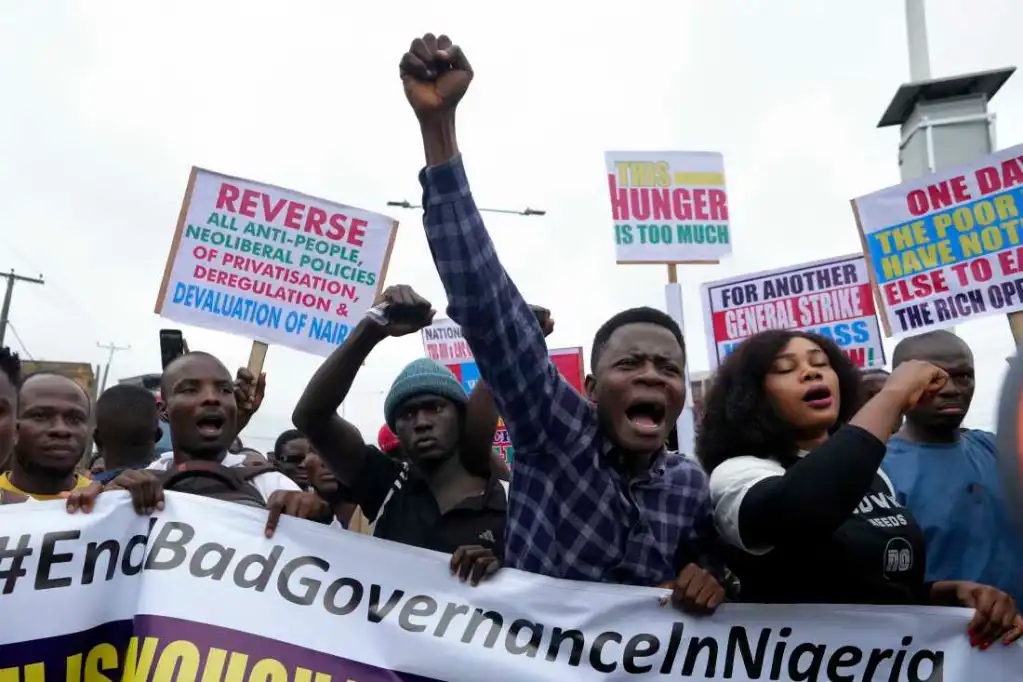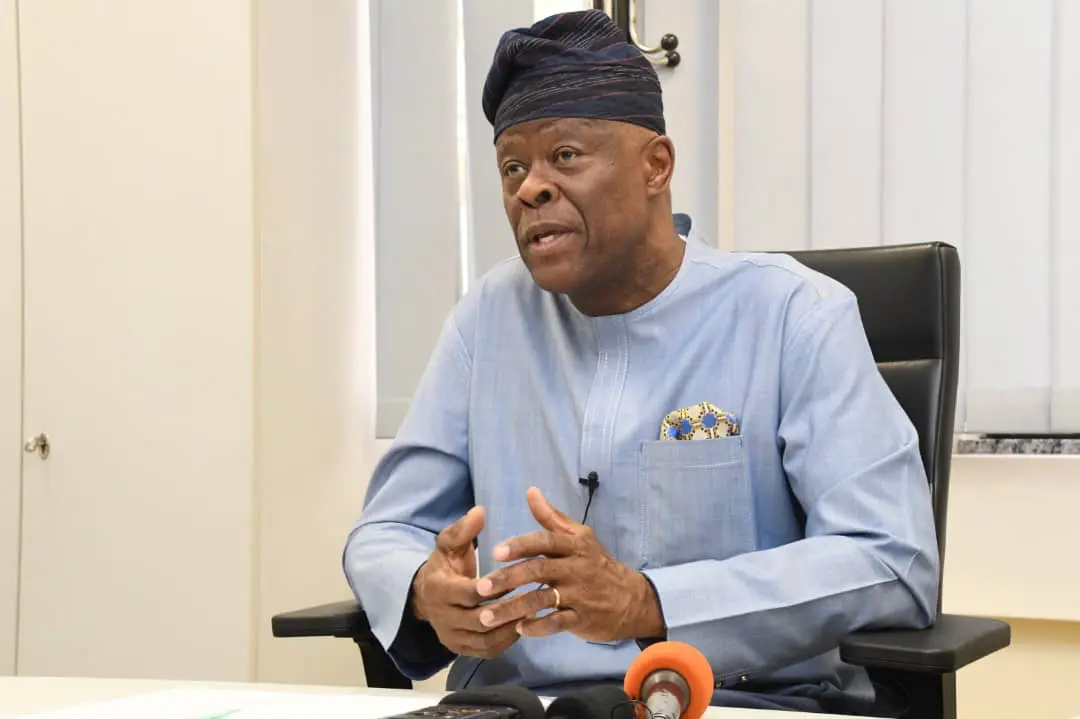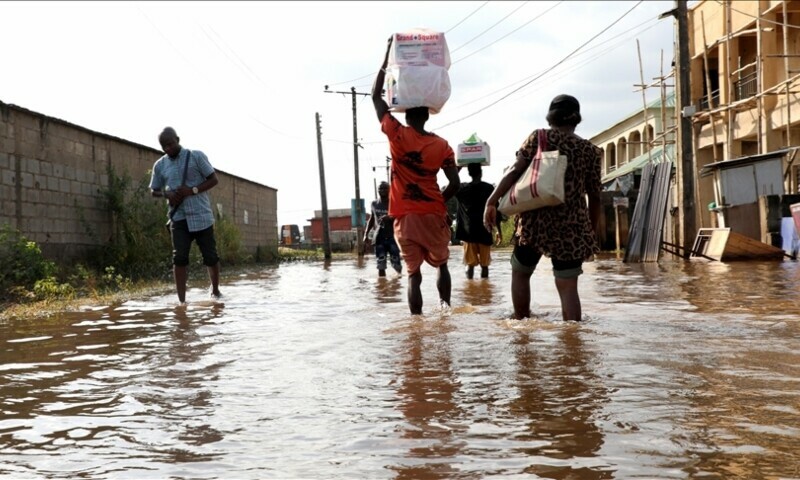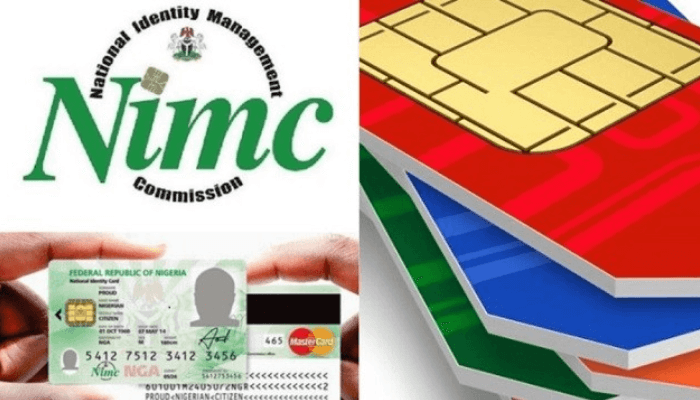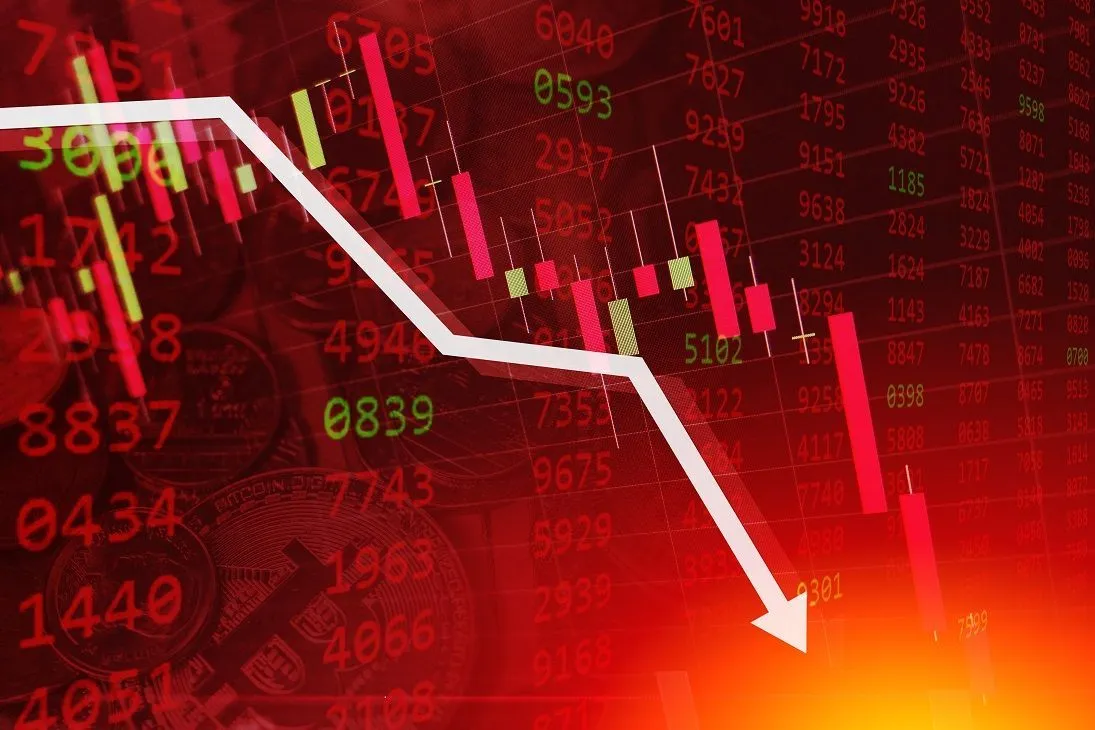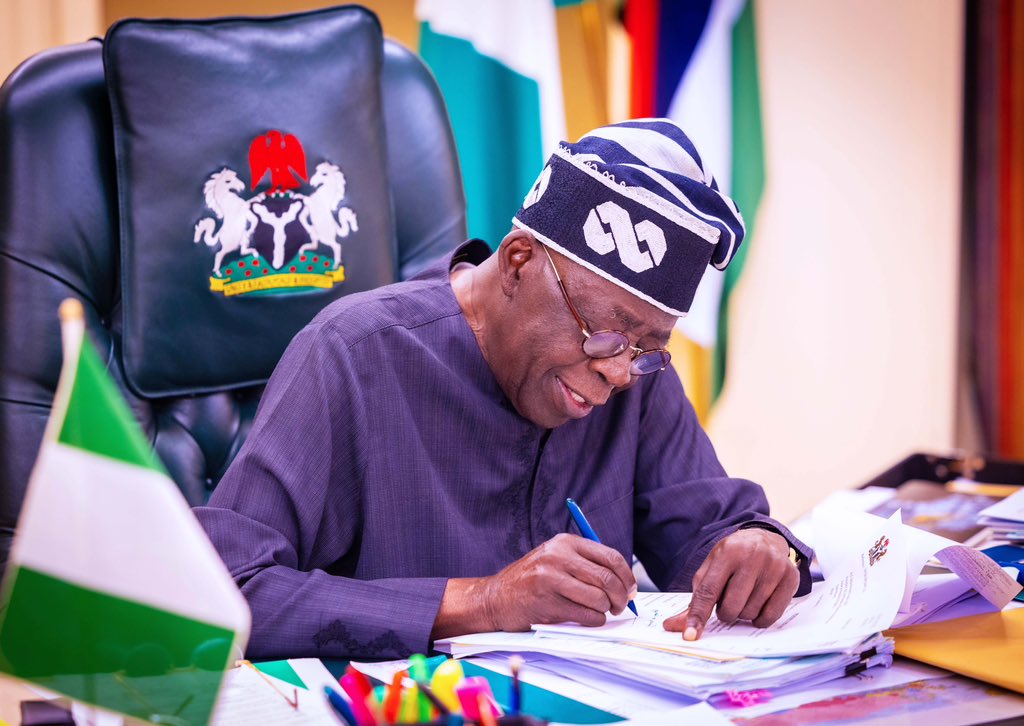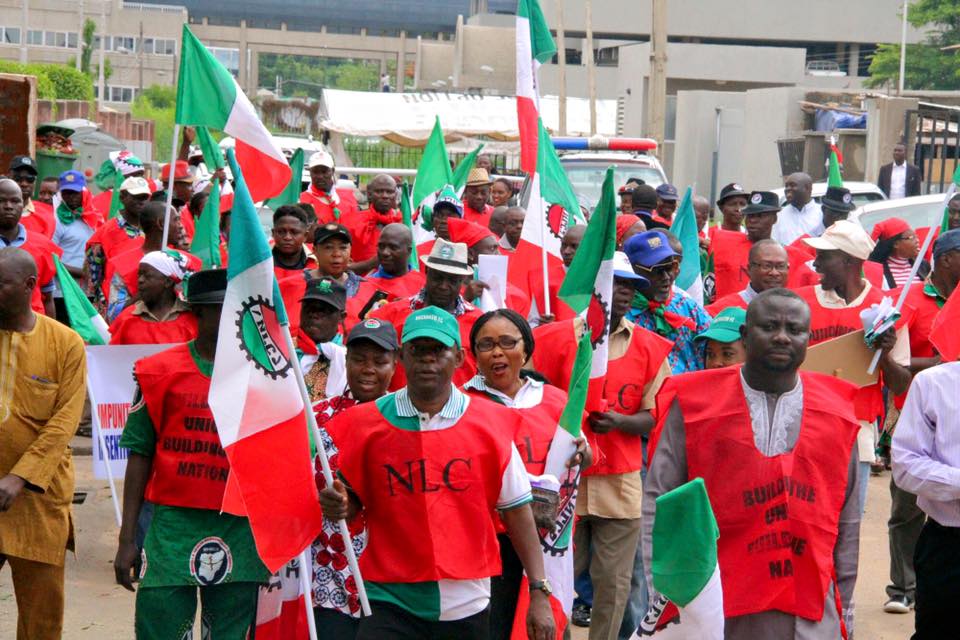At least three protesters were killed on Thursday in Nigeria’s Kaduna state as nationwide demonstrations erupted over the rising cost of living and governance issues, according to Reuters reporters and eyewitnesses. The protests, which spread across the West African nation, reflected widespread discontent with the economic reforms implemented by President Bola Tinubu.
Clashes and Casualties
In Kaduna state, police spokesperson Mansur Hassan stated that officers deployed tear gas, not live ammunition, to disperse the crowds. However, eyewitnesses reported casualties amidst the chaos. Similar scenes unfolded in the capital, Abuja, where police also used tear gas to break up protest gatherings.
Nationwide Discontent
Demonstrations took place in several major cities, including Abuja, the commercial hub Lagos, and other urban centers. Protesters expressed their frustration with economic reforms that have led to rampant inflation and increasing hardship for ordinary Nigerians. President Tinubu has defended the reforms as necessary measures to stabilize the country’s economy.
Security Measures
Authorities had preemptively deployed armed security personnel to manage the protests and prevent potential violence. In Lagos, armed police observed as protesters marched towards the government house, eventually gathering at two designated protest sites. The city saw several shopping malls shut down and guarded by a significant police presence.
Inspired by Kenya
The protests in Nigeria were inspired by similar demonstrations in Kenya in June, which successfully pressured the government to scrap some planned tax increases. Nigerian protesters are mobilizing online, demanding the reinstatement of subsidies for petrol and electricity, free primary and secondary education, and measures to combat insecurity.
Protests in Various Cities
In Abuja, the military set up roadblocks along highways leading into the city, while some protesters gathered at a stadium. In Maiduguri, a city plagued by militant insurgency in the northeast, youths protested despite a heavy security presence, voicing their frustration with the government’s policies.
Government Response
Ahead of the protests, the government expressed openness to dialogue. President Tinubu has urged citizens to endure the reforms, despite complaints that politicians themselves are not making sufficient sacrifices. Since taking office over a year ago, Tinubu has removed fuel subsidies, devalued the naira currency, and increased electricity tariffs, causing inflation to soar above 34%, severely impacting incomes.
Economic Hardship
Consumer inflation reached a 28-year high of 34.19% in June, exacerbating the financial strain on Nigerians. The country is also grappling with widespread insecurity, which has disrupted the farming sector. Armed gangs frequently kidnap residents and school children for ransom, particularly in the north.
A New Element in Protests
Thursday’s protests were primarily led by unemployed youth, a departure from previous demonstrations organized by labor unions. This shift introduces a new dynamic for the government as it navigates the backlash to its economic policies. Despite signing a new minimum wage into law on Monday, many of Nigeria’s 200 million citizens remain either self-employed or jobless, limiting the impact of this measure

